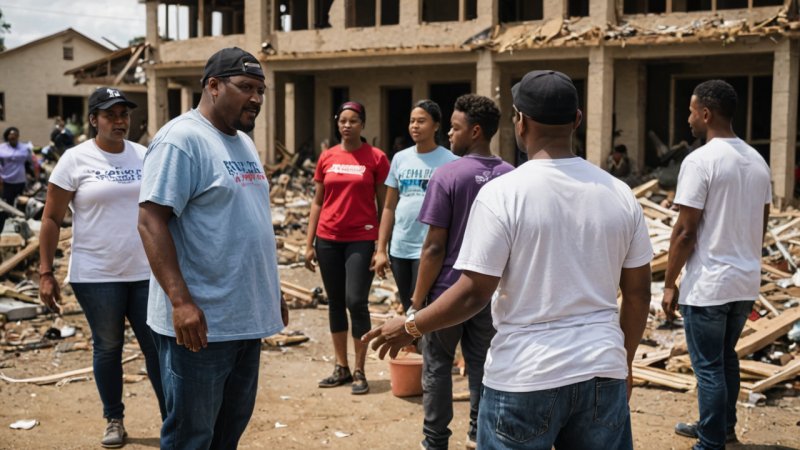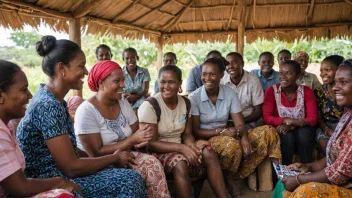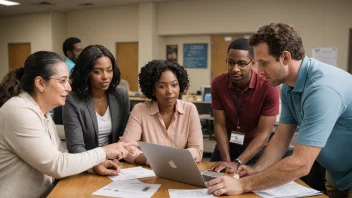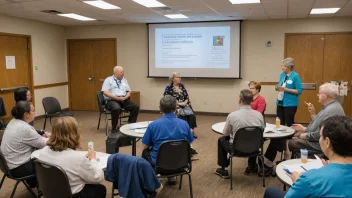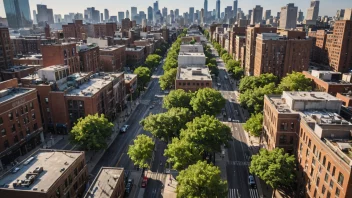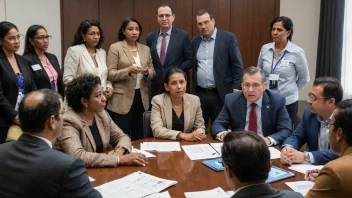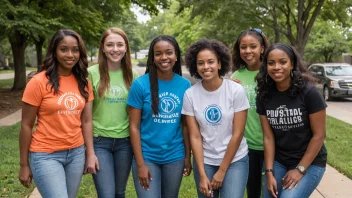Disasters can strike at any moment, leaving devastation in their wake. Marginalized communities often bear the brunt of these calamities, facing unique challenges that hinder their recovery. Supporting these groups is crucial not only for rebuilding their lives but also for fostering resilience and social equity. Here are some effective ways to support marginalized communities during disaster recovery.
- Understand the Community's Needs
Each community has its own set of challenges and needs, particularly after a disaster. It’s essential to engage in dialogue with community leaders and members to grasp their specific circumstances. Consider the following actions:
- Conduct surveys or focus groups to gather information.
- Attend community meetings to listen and learn.
- Collaborate with local organizations already working with the community.
- Provide Culturally Relevant Resources
When offering aid, ensure that the resources provided are culturally appropriate and accessible. This can significantly improve the effectiveness of the support. Strategies include:
- Translating materials into the primary languages spoken in the community.
- Using local customs and practices to guide relief efforts.
- Employing local volunteers who understand the community’s dynamics.
- Support Local Economic Recovery
Economic stability is vital for recovery. Supporting local businesses can help communities bounce back more quickly. Consider the following methods:
- Encourage donations to local businesses instead of large corporations.
- Promote local markets and artisans through social media.
- Invest in skills training programs that empower community members.
- Advocate for Policy Changes
Long-term recovery often requires systemic change. Advocacy for equitable policies can create lasting impacts. Here are ways to get involved:
- Support legislation that prioritizes marginalized communities in disaster recovery funding.
- Raise awareness about the specific needs of these communities through campaigns.
- Collaborate with advocacy groups to amplify voices that are often overlooked.
- Foster Mental Health and Wellbeing
The psychological toll of disasters can be immense, especially for marginalized groups. Providing mental health support is crucial. Actions to consider include:
- Offering mental health workshops and resources tailored to the community.
- Encouraging peer support groups where individuals can share experiences.
- Connecting community members with professional mental health services.
Supporting marginalized communities during disaster recovery requires a thoughtful and inclusive approach. By understanding their unique needs, providing culturally relevant resources, supporting local economies, advocating for policy changes, and fostering mental health, we can help these communities rebuild stronger and more resilient than before. Together, we can make a meaningful difference.
